Sustainability at Talawakelle Tea Estates PLC: Rejuvenating Nature, Empowering Lives.
Rooted in resilience, our sustainability strategy blends tradition with innovation, ensuring a regenerative and inclusive future.

Our Sustainability Commitment
At Talawakelle Tea Estates PLC, sustainability is at the heart of everything we do, guided by our philosophy of ‘Rejuvenate and Regenerate.’ We are proud to align our efforts with global frameworks like the UN Sustainable Development Goals and science-based targets, driving meaningful action for a better planet.
Environmental Stewardship
Commitment to preserving ecosystems and addressing climate challenges.Economic Sustainability/ Economic Excellence
Driving sustainable growth and fostering shared prosperity.Social Responsibility
Empowering communities and fostering inclusivity.Governance Excellence
Empowering communities and fostering inclusivity.
Environmental Stewardship
Caring for the Planet We Depend On.
Talawakelle Tea Estates PLC is steadfast in its commitment to achieving net-zero emissions by 2050. Our strategy focuses on harnessing renewable energy sources such as solar and hydropower, implementing energy-efficient practices across all operations, and investing in carbon offset initiatives like afforestation and biochar programs. By prioritizing sustainability in every step, we are reducing our environmental footprint while contributing to a greener future.
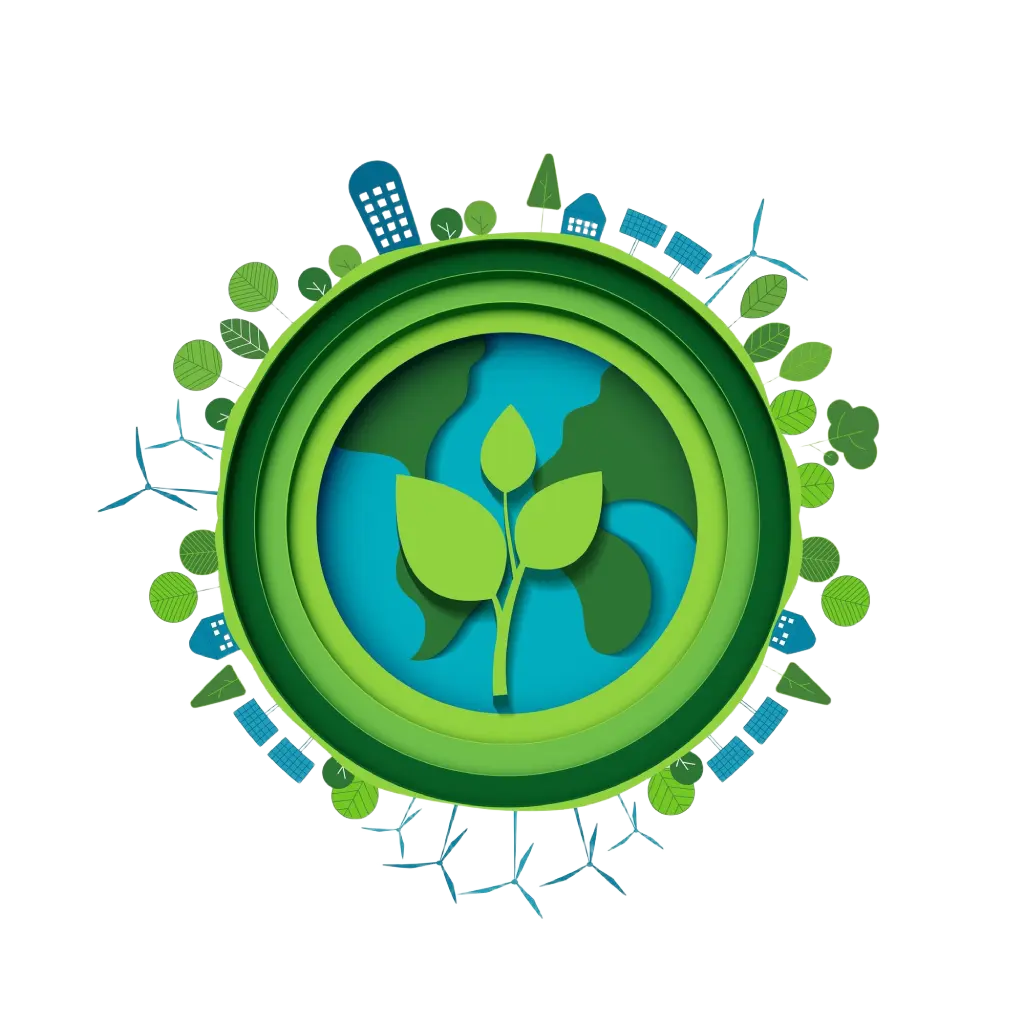
At Talawakelle Tea Estates PLC (TTE), we are dedicated to conserving biodiversity and transforming our tea estates into thriving tea sanctuaries. Our Integrated Environment Conservation Model (IECM) minimizes environmental impact by promoting responsible fertilizer use, natural pest management, and protecting vulnerable water sources with chemical-free buffer zones.
Efforts like the St. Clair Ecosystem Restoration Project, which planted over 18,000 native plants, and community awareness programs further enhance local ecosystems. Marshes and ravines on our estates now flourish with diverse flora and fauna, from rabbits and falcons to butterflies and pond skaters.
TTE remains committed to protecting biodiversity while sustaining our operations and preserving the natural environment.
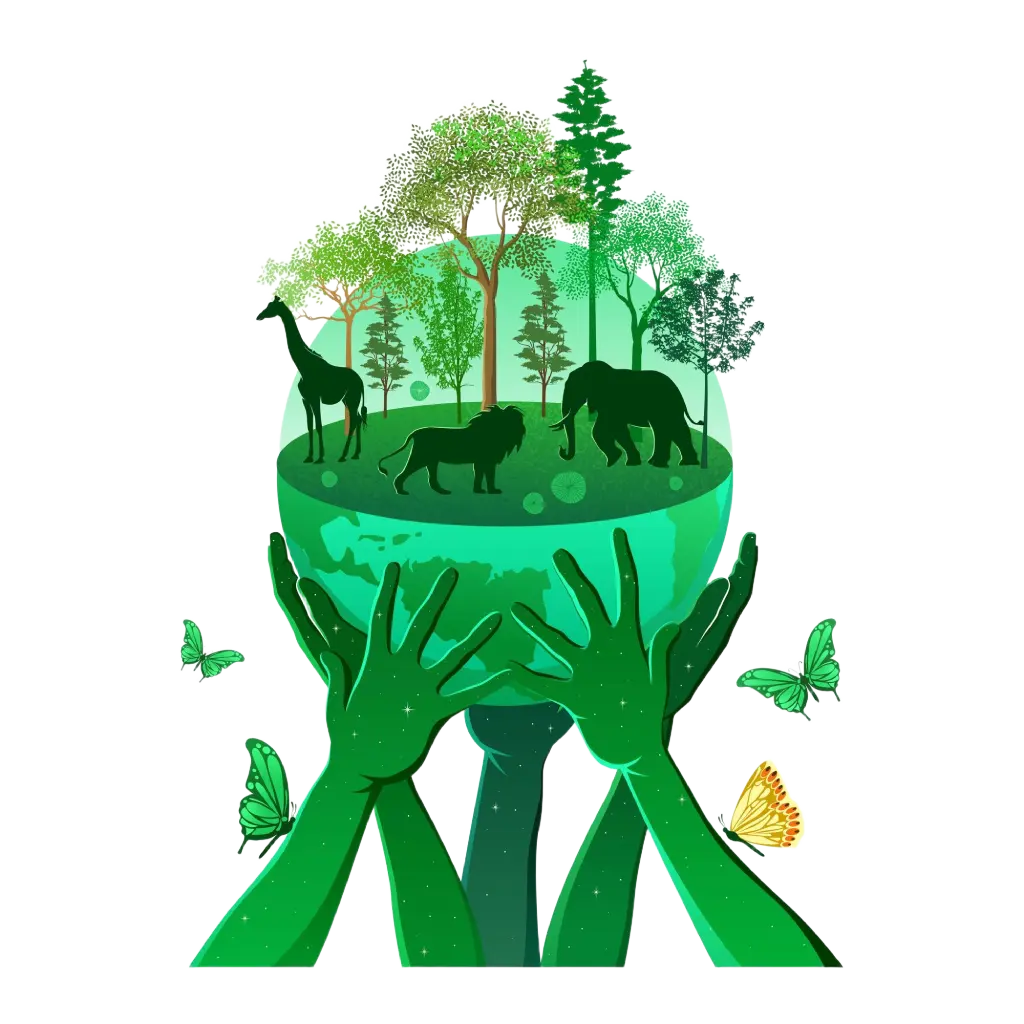
At Talawakelle Tea Estates PLC (TTE), we prioritize sustainable water management to protect vital water sources and maintain water quality. We safeguard waterfalls, springs, and streams with chemical-free buffer zones and ensure effluent water is tested and purified before release into natural waterways.
Our efforts focus on conserving water resources critical to our estates and supporting the surrounding ecosystems, ensuring a balanced and sustainable approach to water stewardship.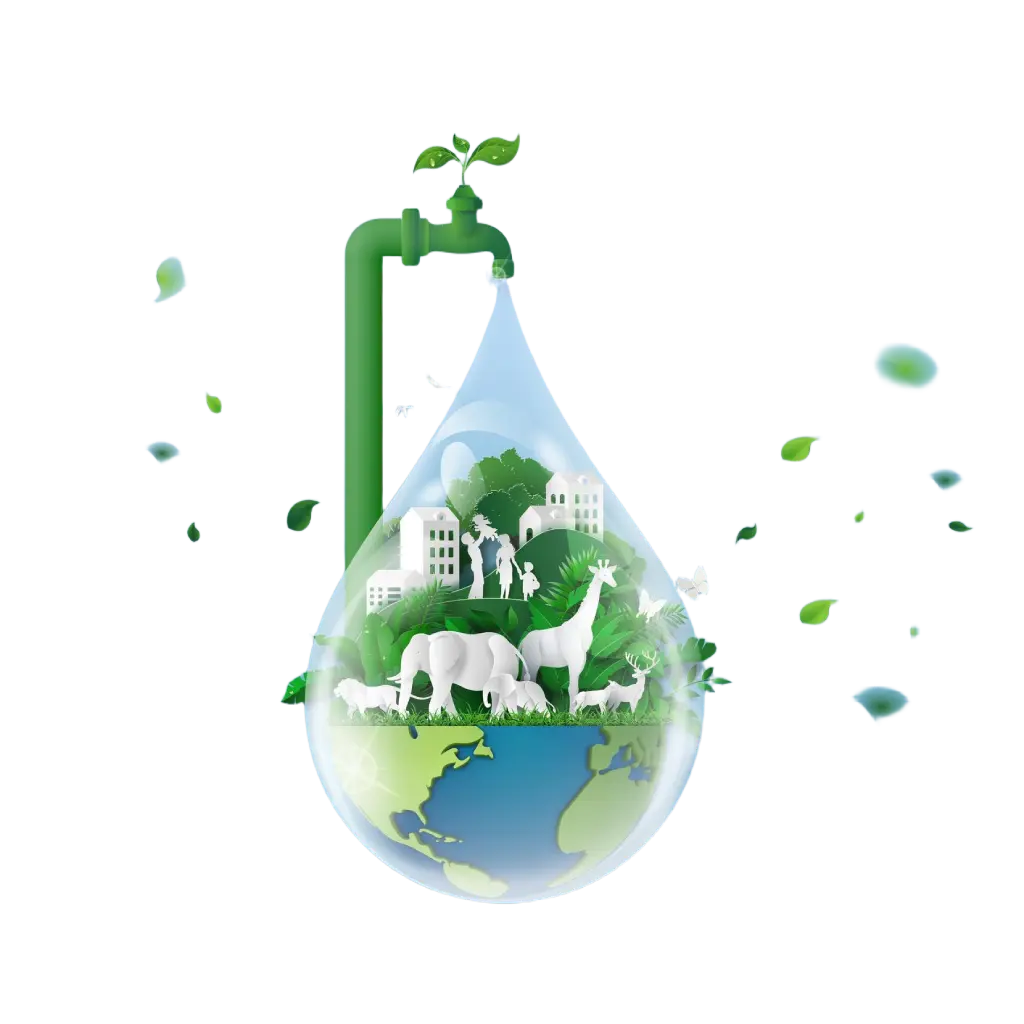
TTE is committed to reducing reliance on conventional energy by embracing renewable solutions. We operate three mini-hydropower plants and solar rooftop projects to generate clean energy and enhance energy efficiency across our estates.
By integrating renewable energy, TTE not only reduces its carbon footprint but also contributes to the global shift towards sustainable energy practices.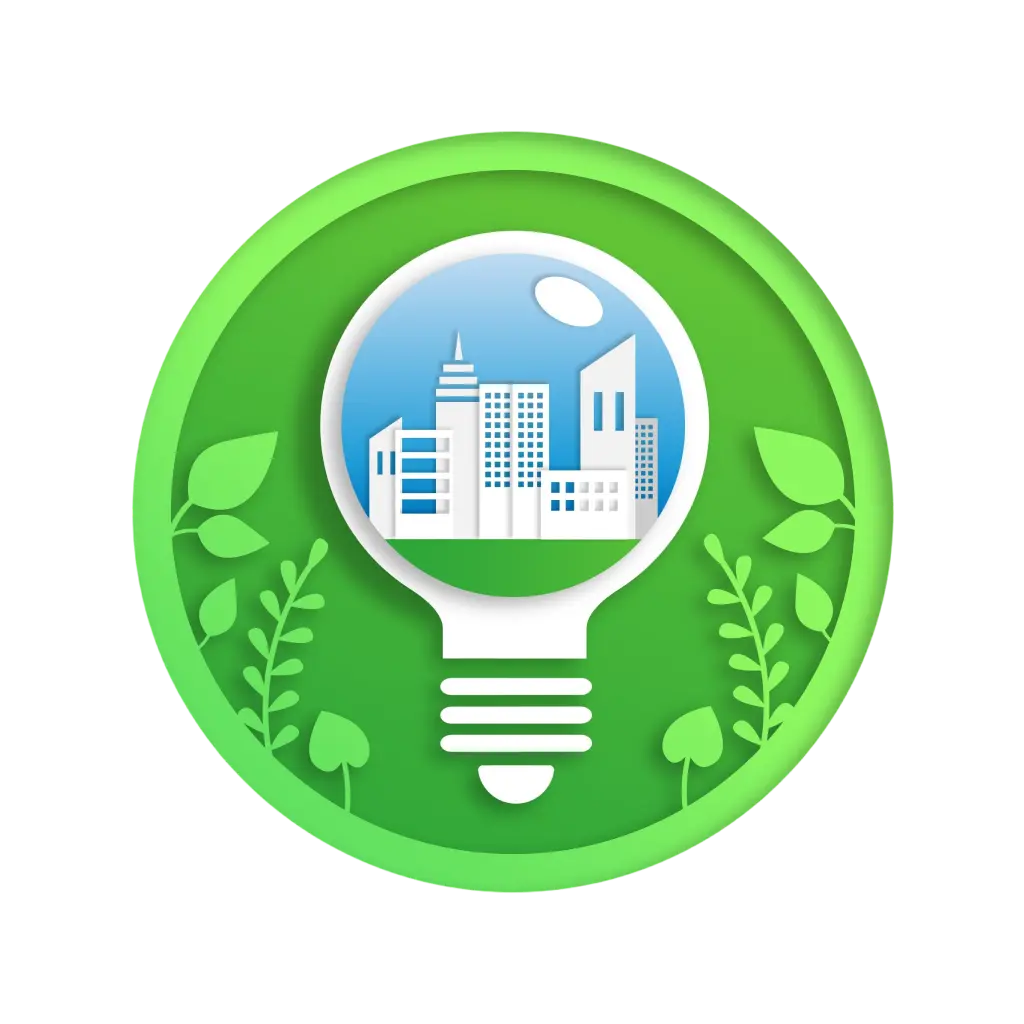
Our Guiding Principles for a Sustainable Future
Innovating for nature-positive outcomes and fostering global partnerships to drive conservation impact.

Mini-hydro plants commissioned

Transformed all fossil fuel boilers to Firewood boilers

One Million Tree Planting Programme with Sustainable Fuelwood and timber planting
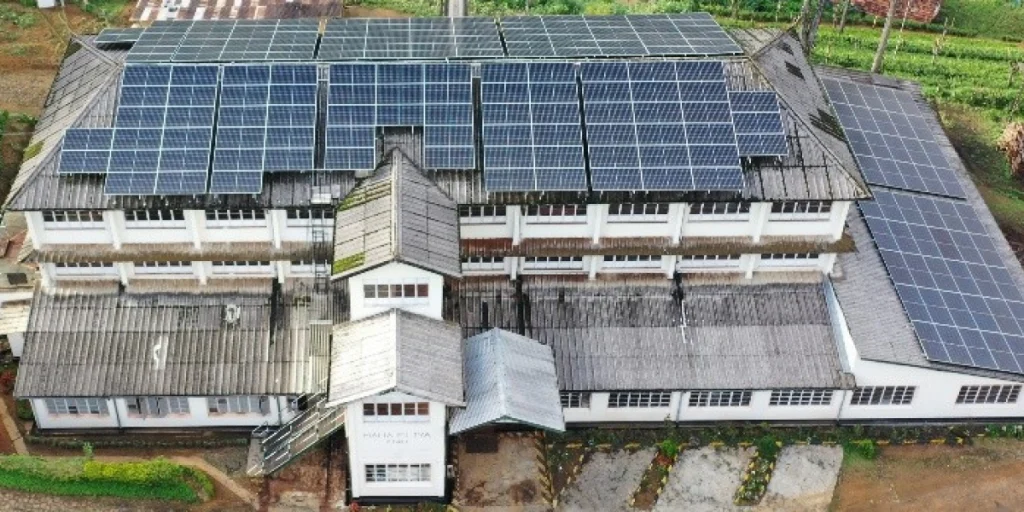
First Solar Rooftops in Tea factory
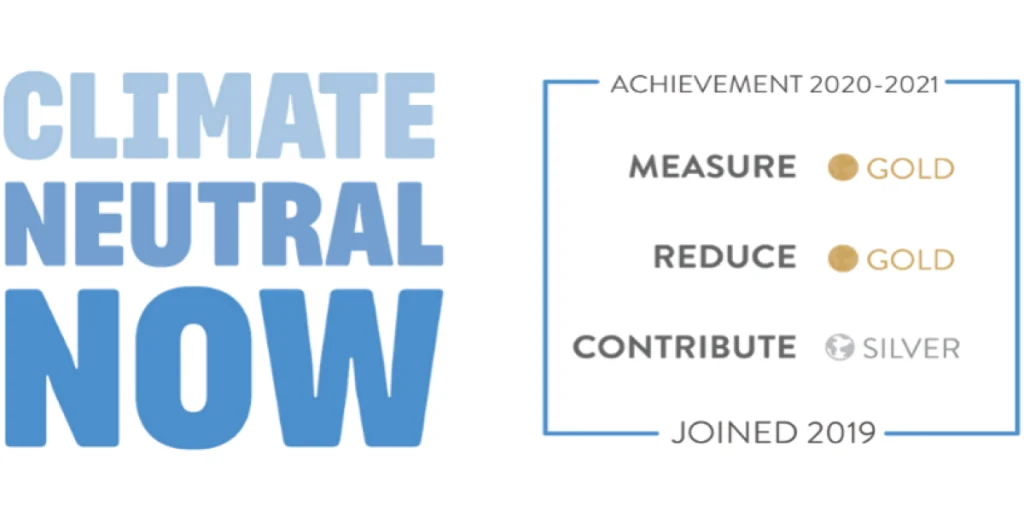
Committed to “UN Climate Neutral Now” initiative

Started “Ecosystem Restoration Project” & Committed to ‘Science Based Targets” initiative
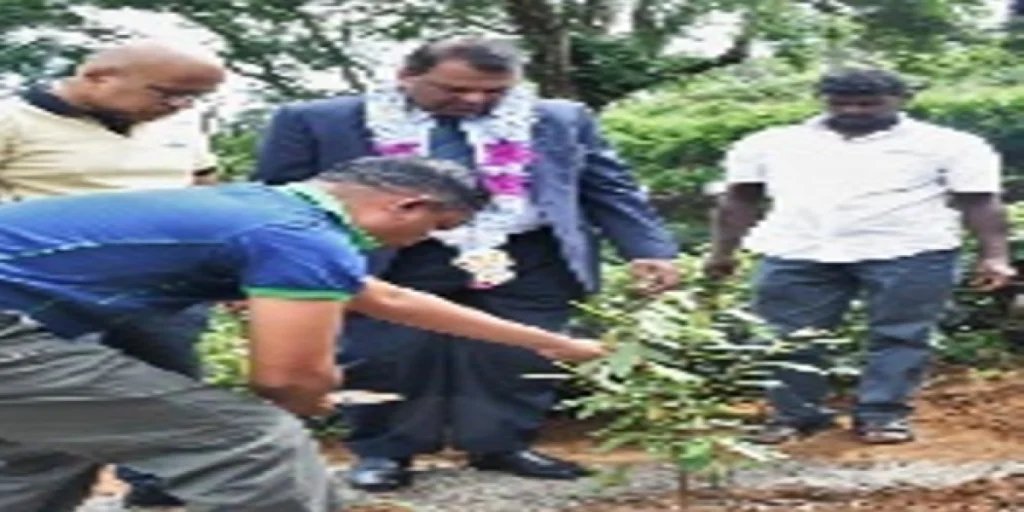
“One Million Trees” Planting project with Rotary International and Rotary Sri Lanka
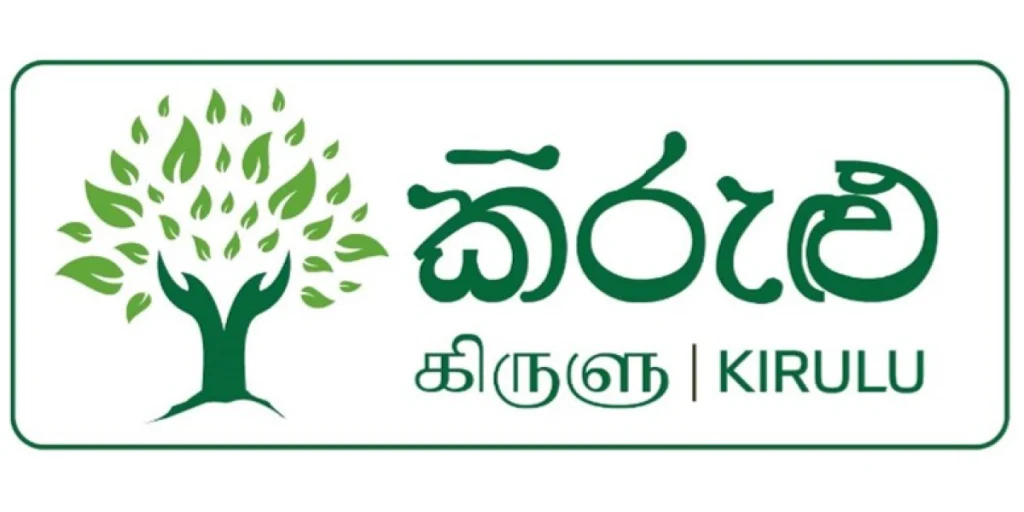
Starting of Kirulu Project, Climate Neutral Status of “UN Climate Neutral Now initiative” & Science Based Target verified and approved

Feasibility study conducted for Low head, Eco friendly hydropower unit
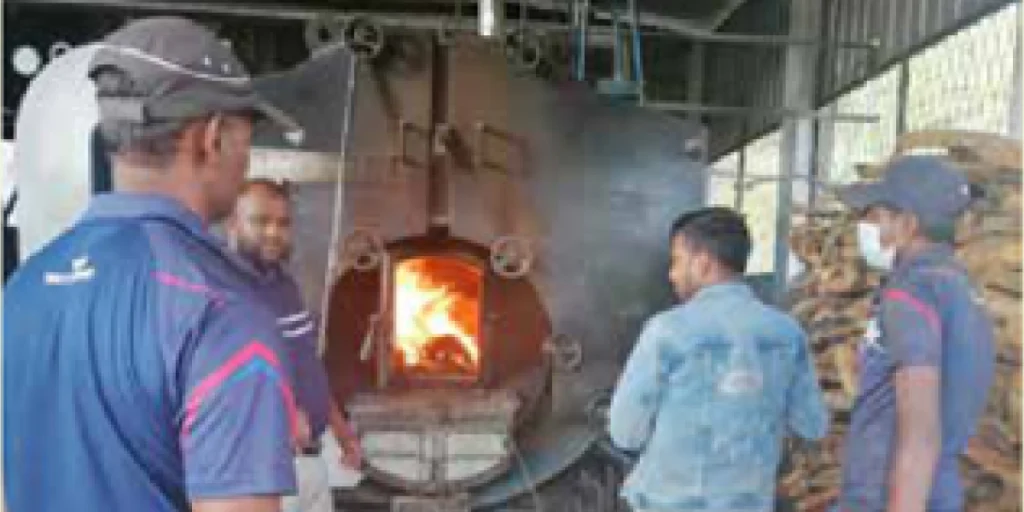
Biochar Project experiment with Waste Heat recovery process
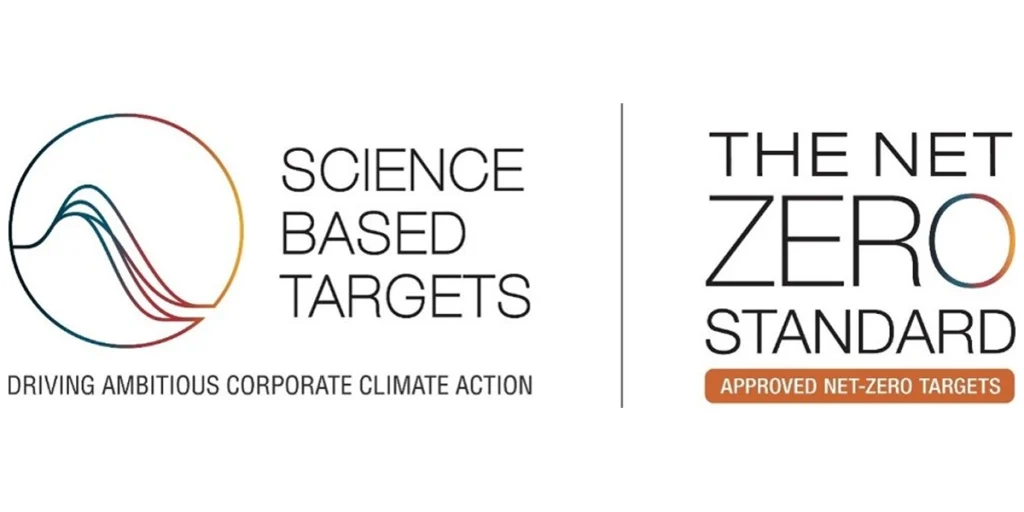
Concluded the verification of NetZero SBTi targets including FLAG targets
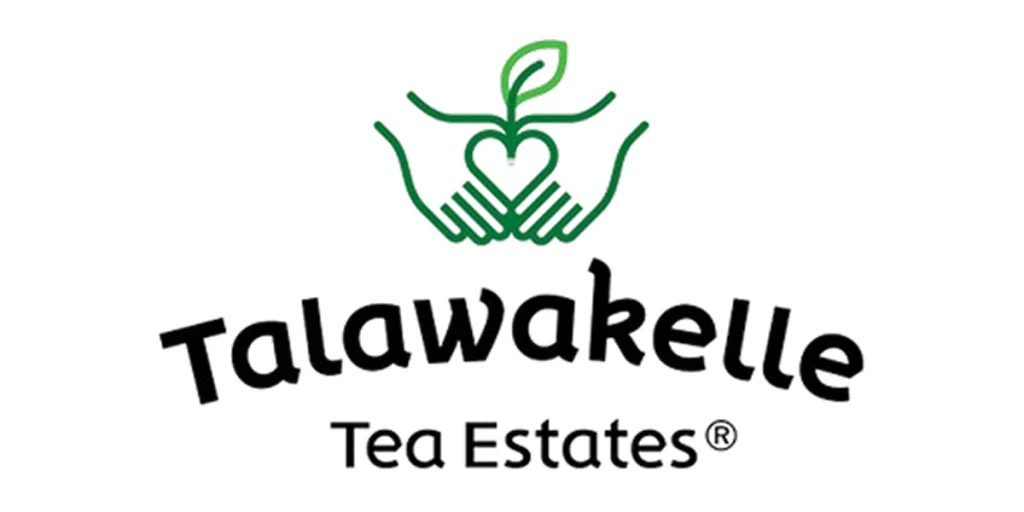
Fully Implement Regenerative Agenda
Empowering Lives, Building Futures
Caring for the Planet We Depend On.
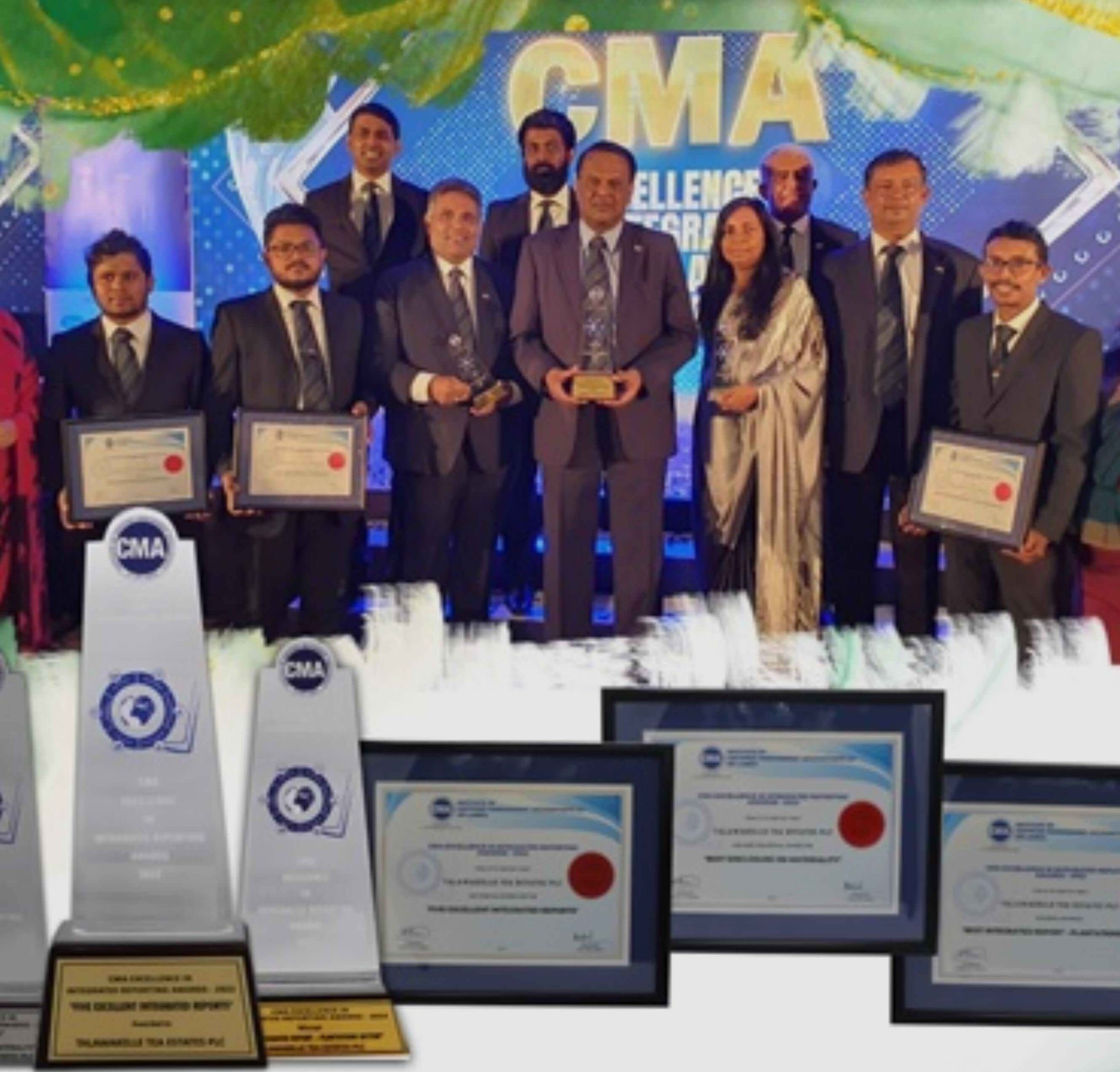
Caring for the Planet We Depend On
Long-term investments in housing, healthcare, and education for estate communities.
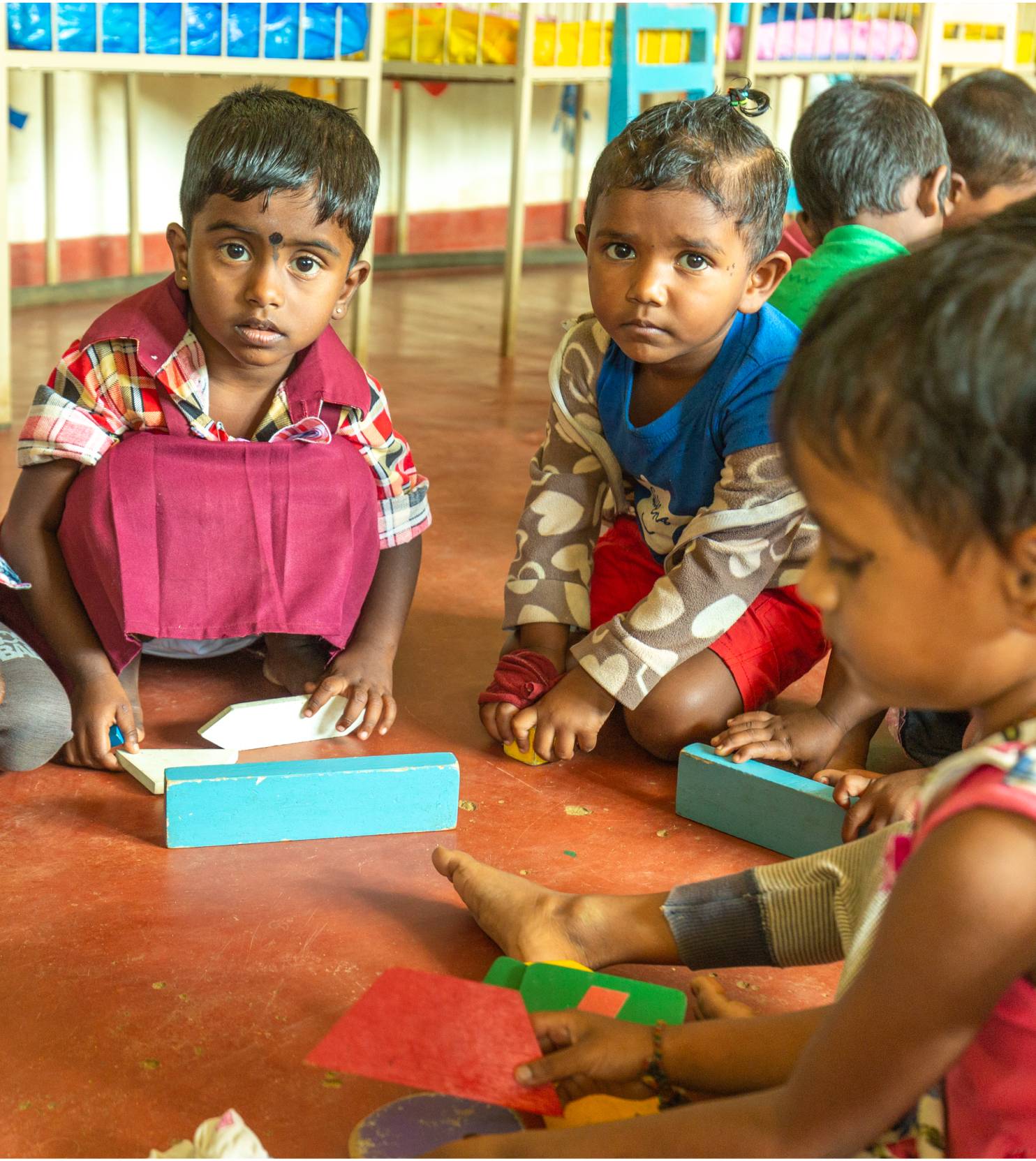
Gender Equality and Inclusion:
Long-term investments in housing, healthcare, and education for estate communities.

Employee Development and Well-being
Comprehensive training programs, revenue-sharing models, and well-being initiatives
Voices of Transformation
Stories of Impact from Our Communities and Employees
Leading with Integrity and Purpose
Awards & Certifications
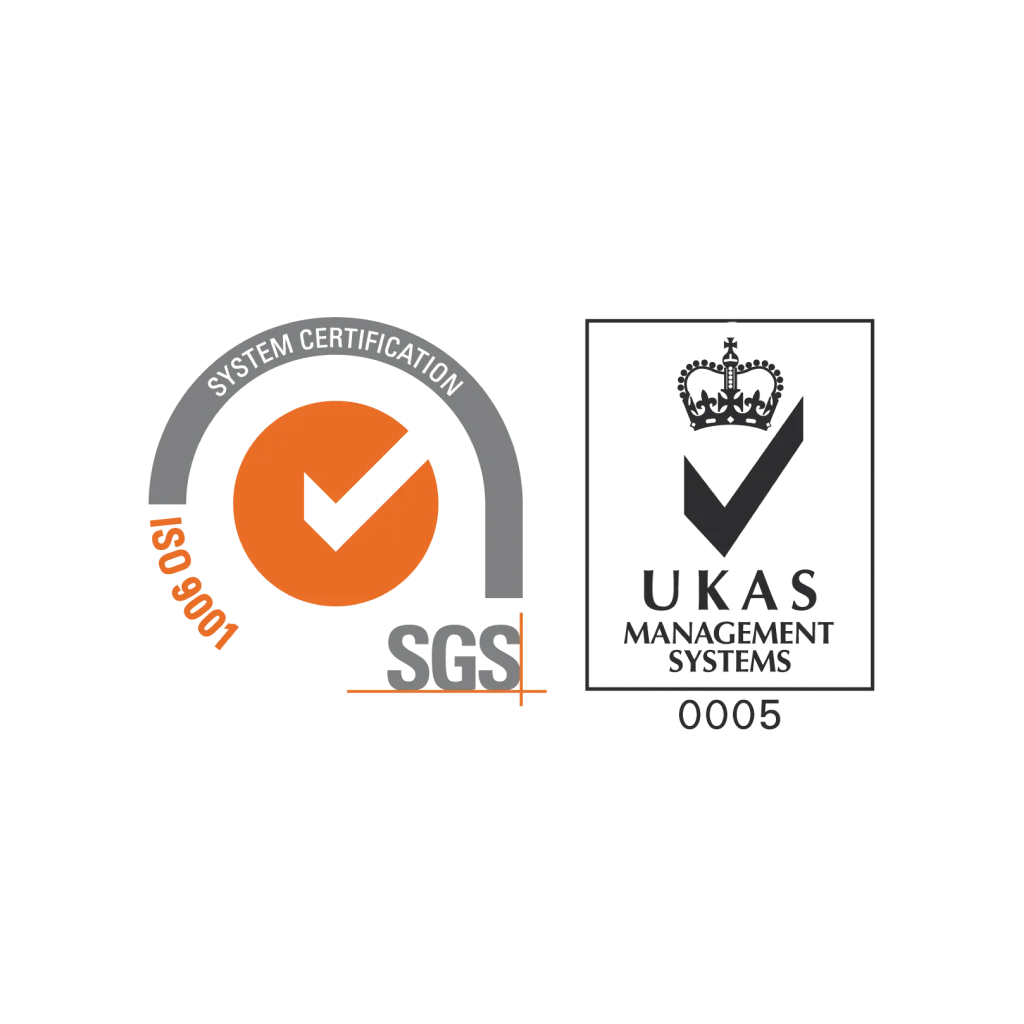

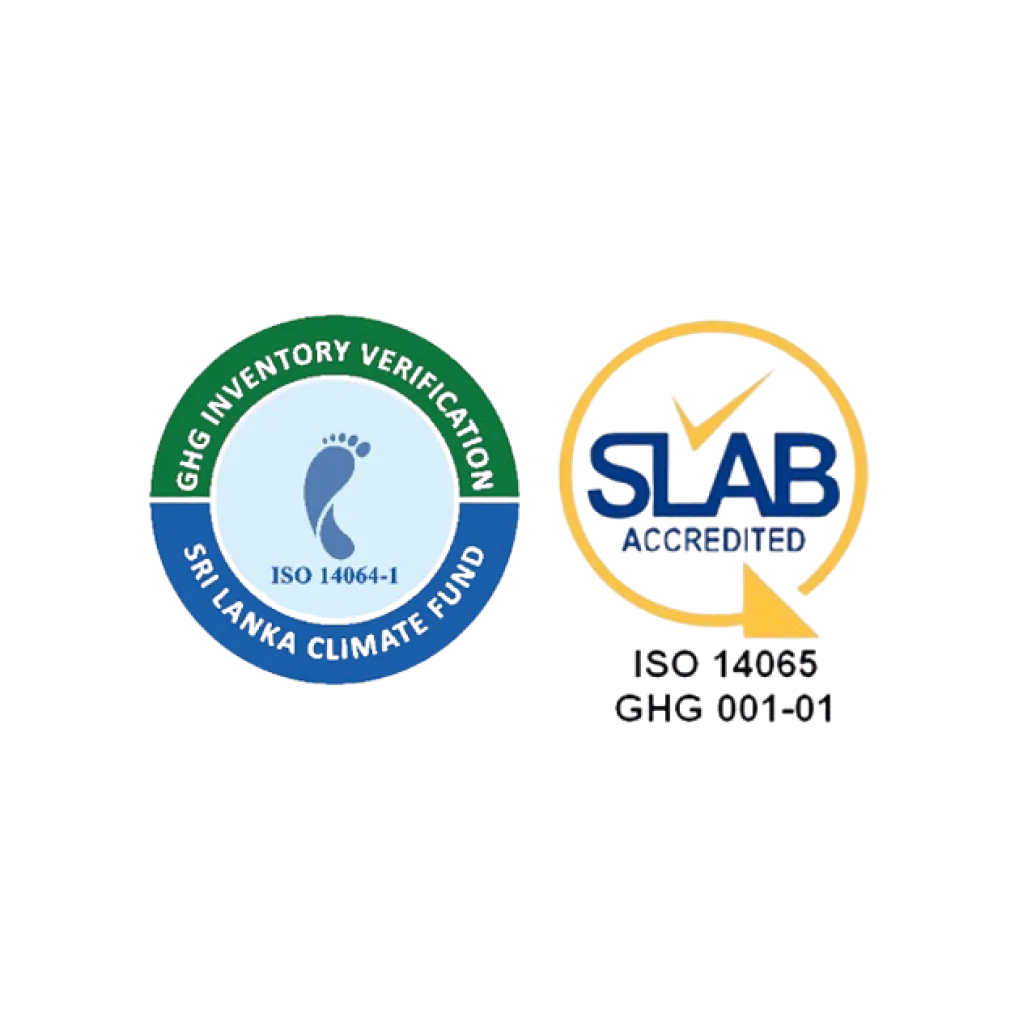
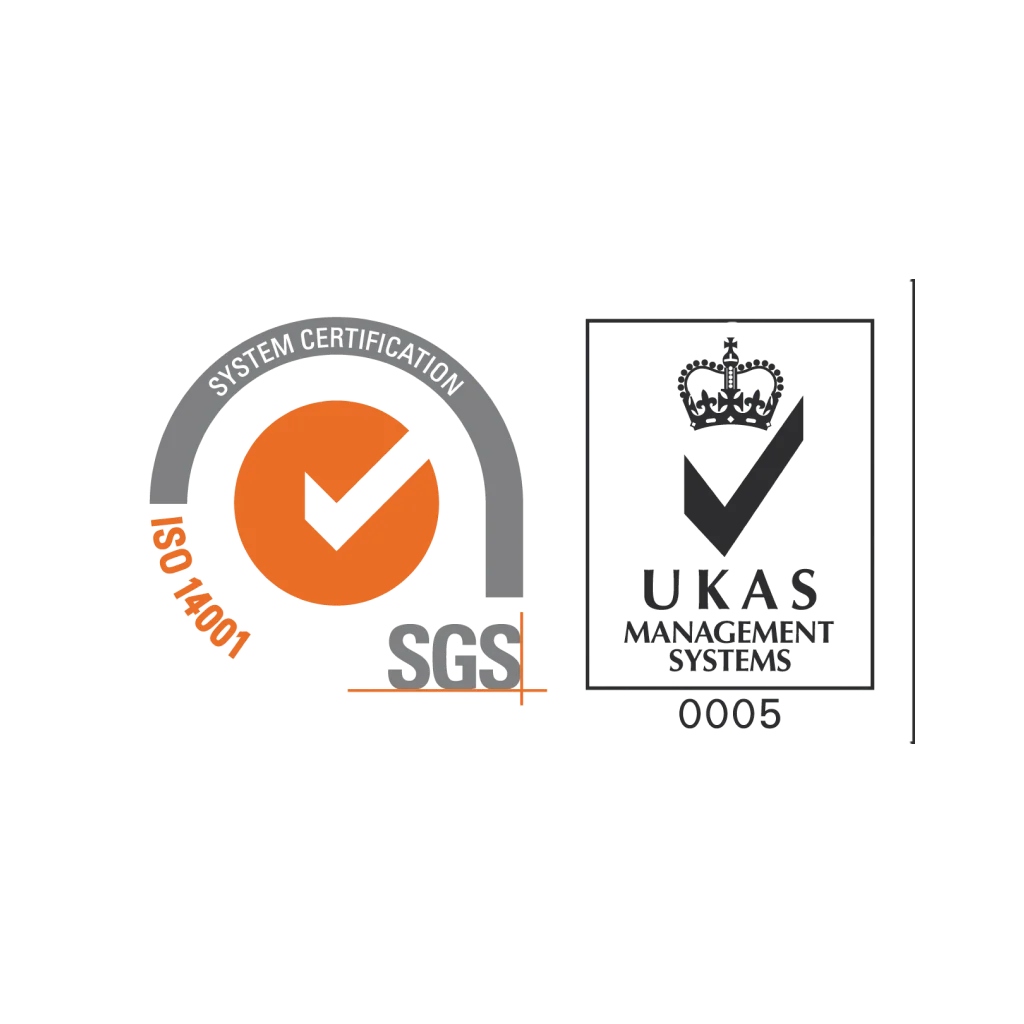

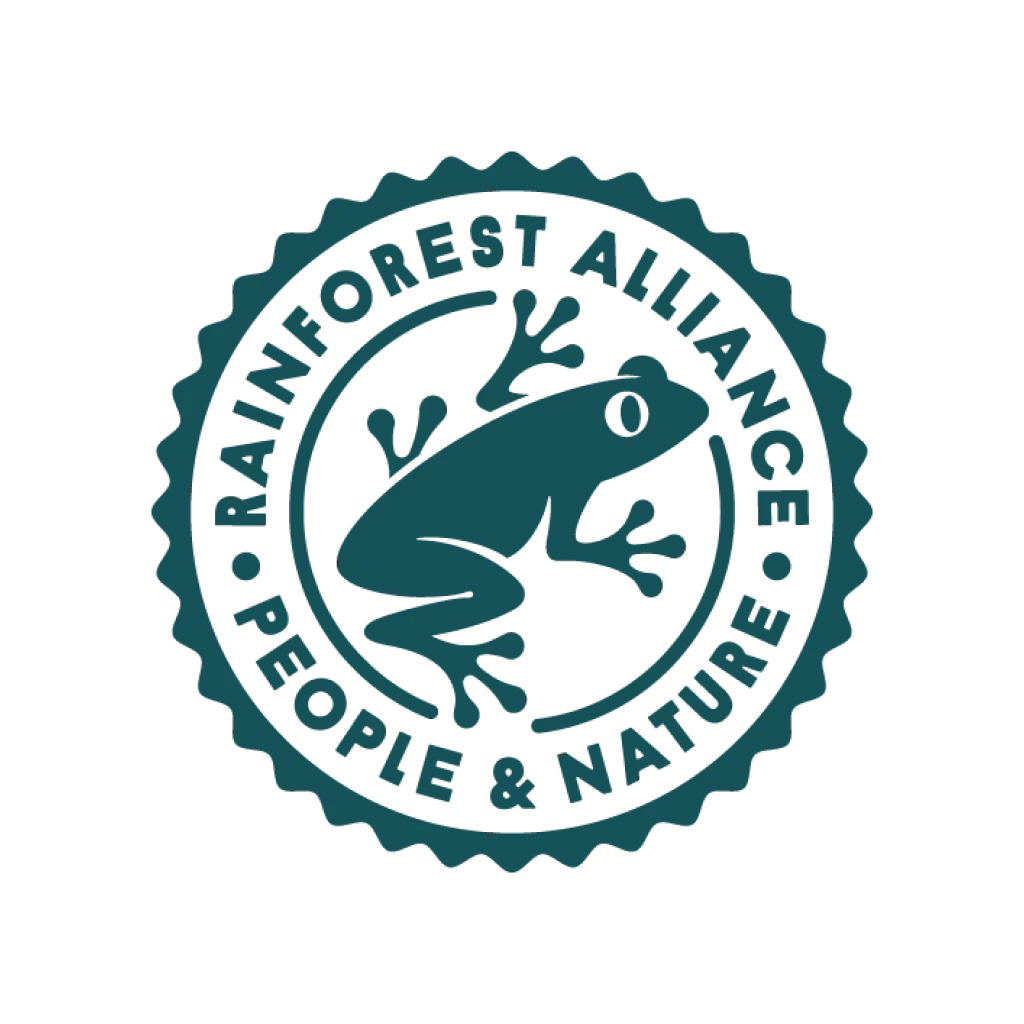

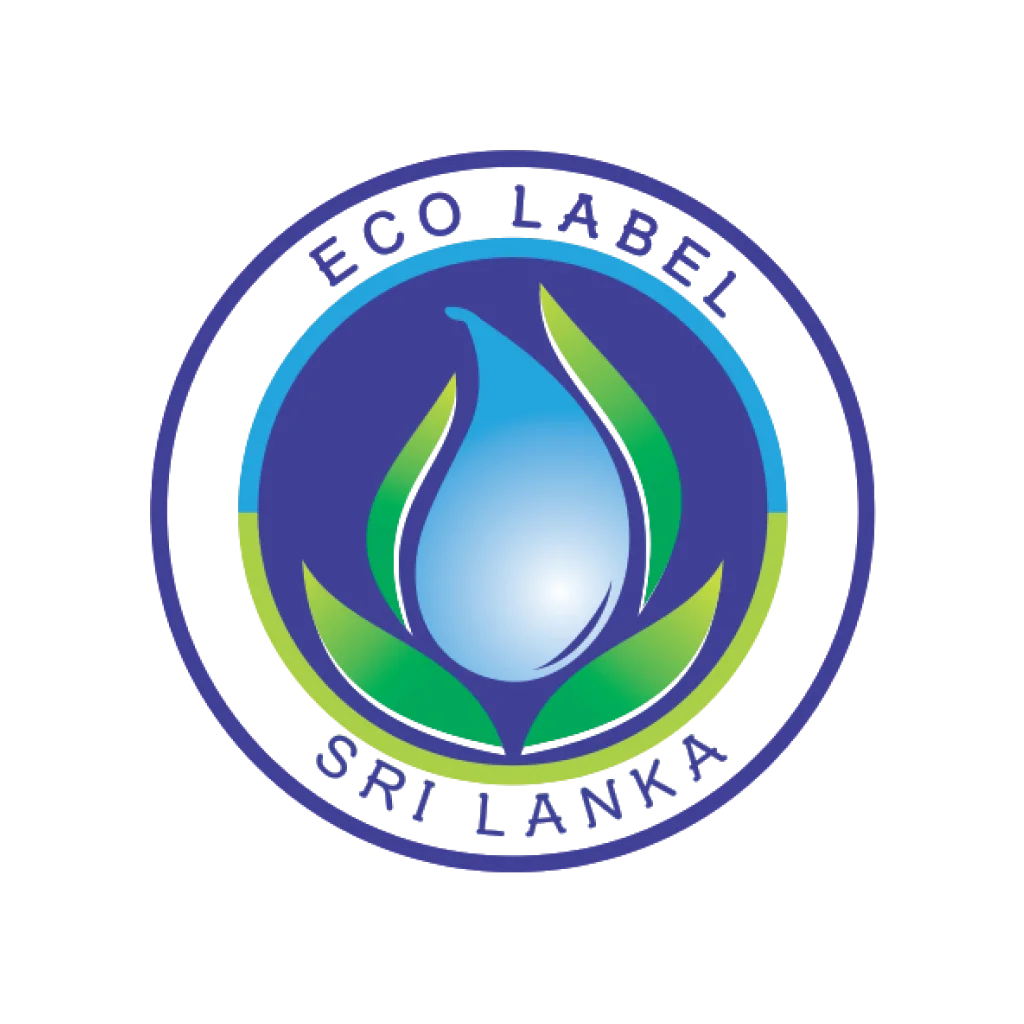

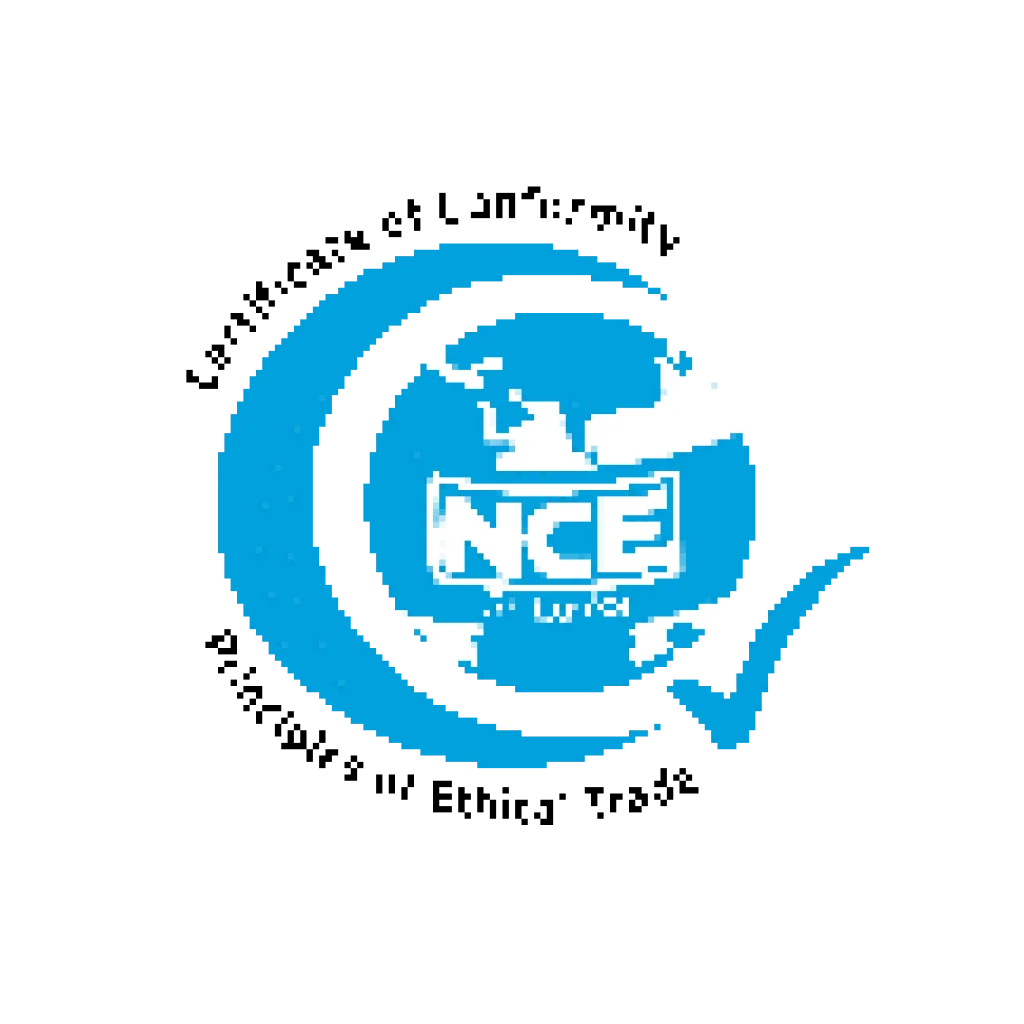
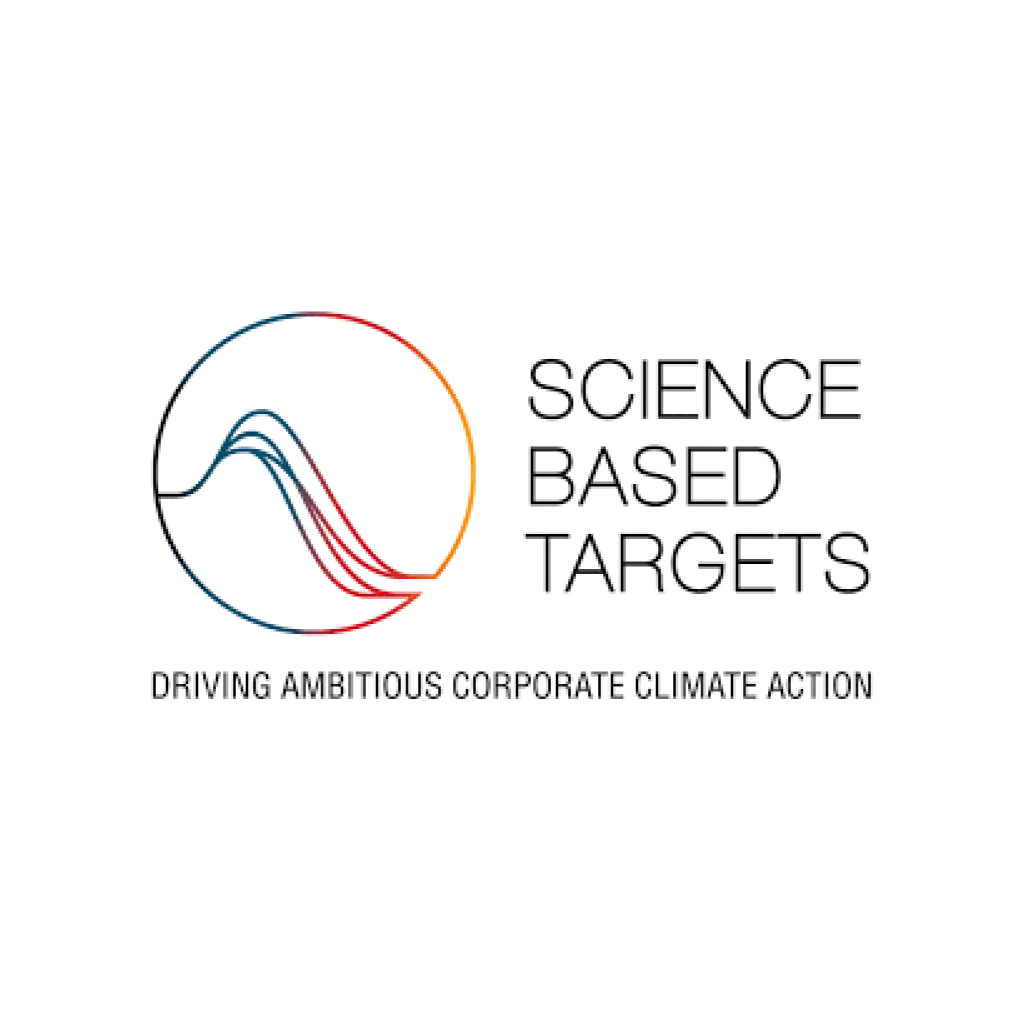
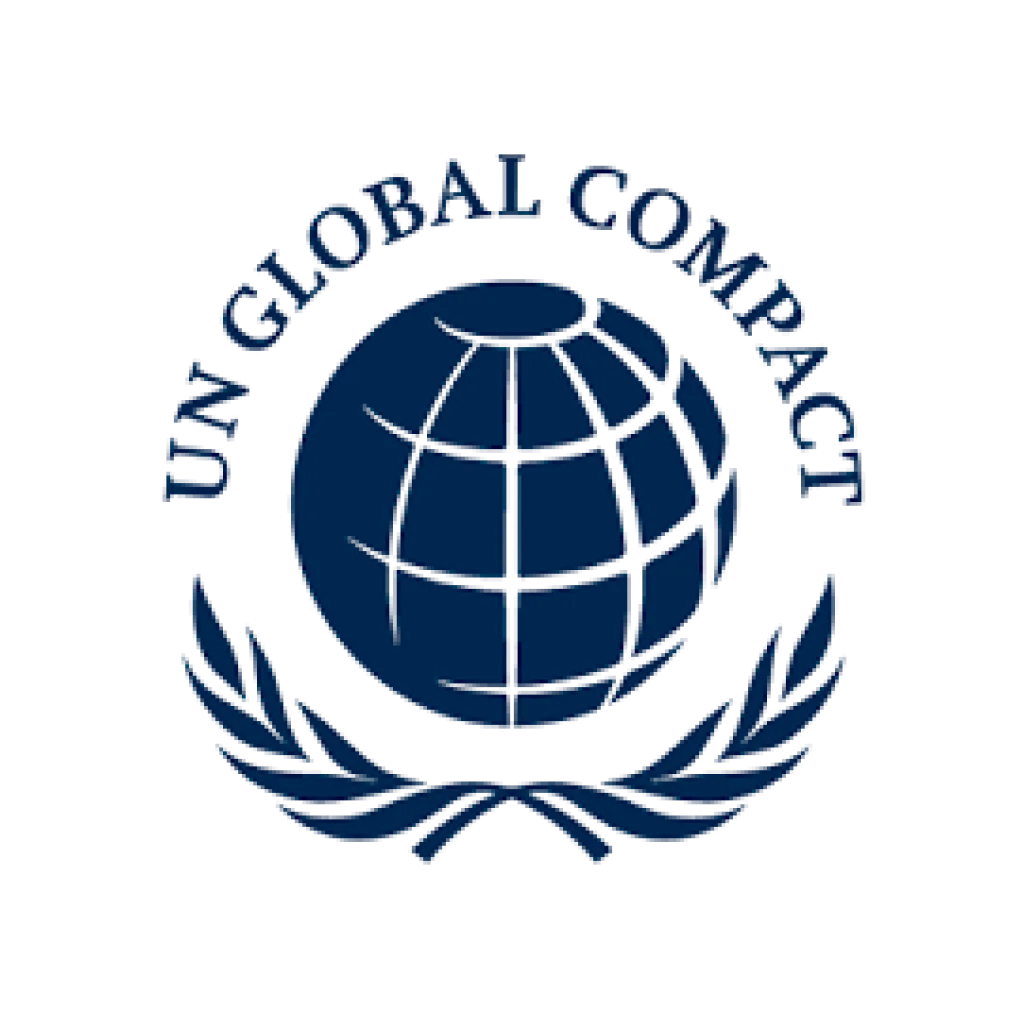

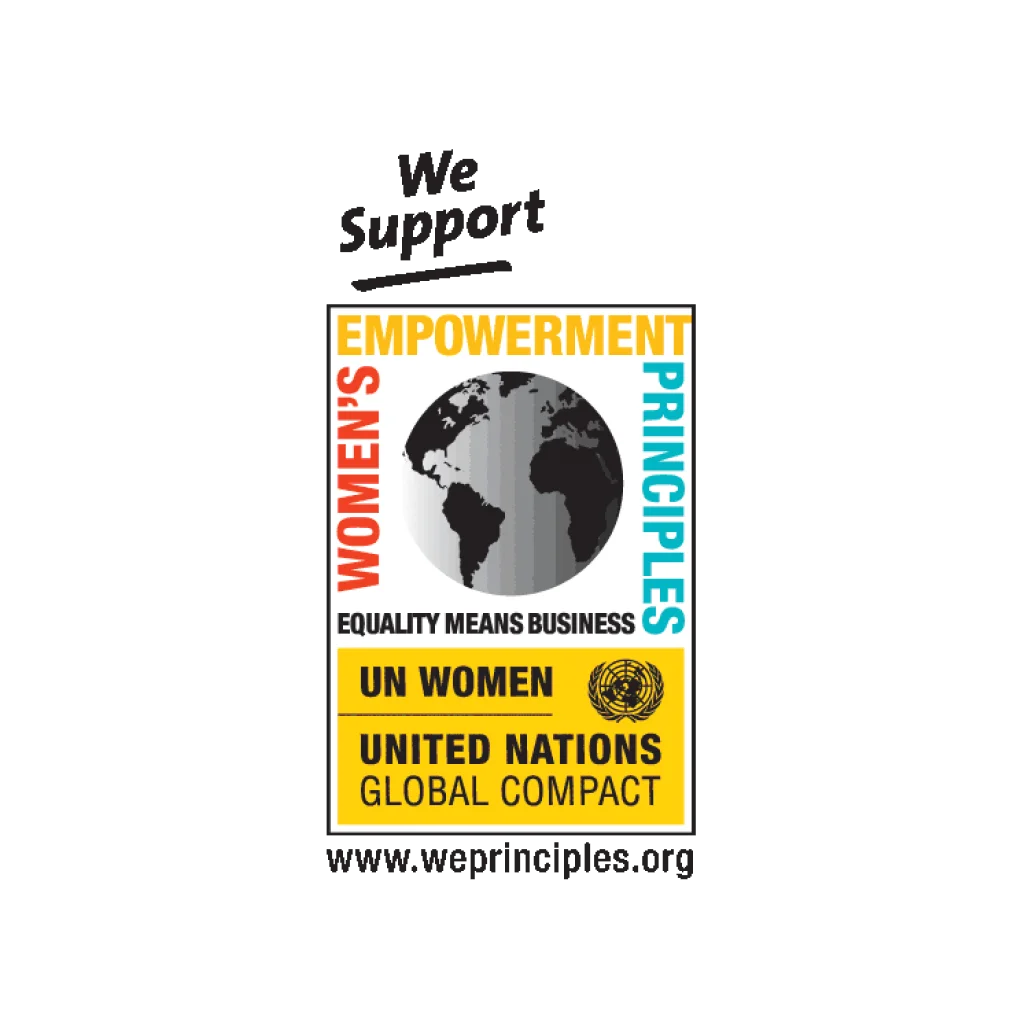

Strong Governance Framework
Board-led ESG committee to oversee sustainability performance and compliance.
Transparent Reporting
Annual integrated reports aligned with international standards like IFRS, TNFD, GRI, SASB, and TCFD.Certifications and Recognition
Compliance with Rainforest Alliance, ISO standards, and UN Global Compact Principles.
Innovation and Future Focus
Innovating for nature-positive outcomes and fostering global partnerships to drive conservation impact.
Digital Transformation
Circular Economy Practices
Future Roadmap

Verified and Approved Science Based Targets from SBTi
NetZero Target Verification
Fully Implement Regenerative Agenda
Achieve Net Zero Targets
Our Journey of Positive Impact
Inspiring Change Through Sustainable Actions
Community Housing Initiative
Implementation of Estate Housing Scheme Signage Enhances Employee Identification
A comprehensive signage system has been introduced across all housing schemes within the estates, facilitating easy identification for employees. This initiative aims to streamline navigation and improve accessibility within the estate communities, ensuring convenience and efficiency for all residents.
Renewable Energy Generation
Talawakelle Tea Estates PLC is dedicated to transitioning towards a sustainable energy portfolio, with nearly 85% of our energy mix now derived from renewable sources such as biomass, hydropower, and solar energy
- Biomass Energy: We utilize fuelwood and briquettes, including agricultural waste, for biomass energy. We ensure energy self-sufficiency and a sustainable future supply with over 1,039 hectares of fuelwood cultivation in our high-grown estates and 80% of fuelwood sourced from licensed suppliers.
- Solar Power: Our rooftop solar initiatives span five estates, generating 622 MWh of electricity annually from a total capacity of 599.43 kWp.
- Hydropower Energy: We own and operate mini-hydro plants in Radella, Palmerstone, and Somerset. Despite lower rainfall impacting generation, we met 77% of our electricity requirements through hydro energy.
Through these efforts, we continue to reduce our reliance on non-renewable energy, contributing to a more sustainable future.
Biodiversity Conservation
At Talawakelle Tea Estates PLC, we are committed to conserving biodiversity and restoring ecosystems across our estates, located in high-value biodiversity regions such as the Sinharaja Rainforest, Horton Plains, and other national reserves. These areas are critical to Sri Lanka’s watersheds and river systems like the Nilwala, Gin, and Kotmale Oya.
Our efforts include:
- Educating and engaging employees and communities to safeguard biodiversity.
- Enforcing zero-deforestation policies and prohibiting wildlife trafficking.
- Preserving natural habitats by avoiding forestland conversion and creating buffer zones near protected areas.
- Using GIS and satellite imagery to monitor land-use changes and ensure sustainable practices.
